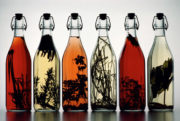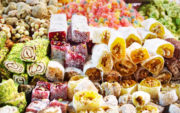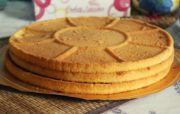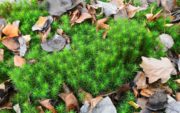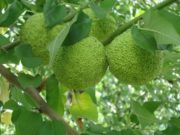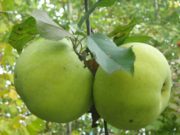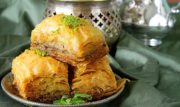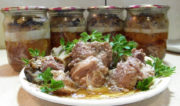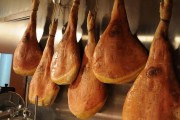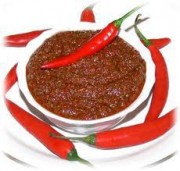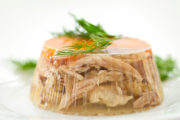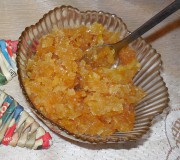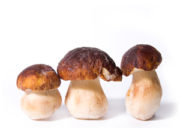How to store tinctures: how much, where and under what conditions
Often, in the cellars of experienced moonshiners, fragrant homemade alcoholic tinctures made with herbs and fruits stagnate. If such a product sits for a long time, even in the “correct” conditions, it will lose some of its taste and aroma.
Therefore, it is important to know several important nuances of storing different tinctures at home.
Shelf life of tinctures
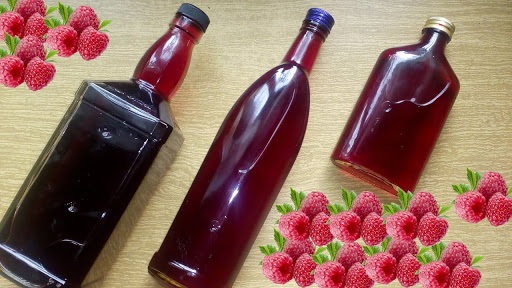
Regardless of the fact that alcohol products cannot be called perishable, different processes occur in them due to interaction with oxygen, which is present even in a closed container. This contributes to the “aging” of the product: it changes its taste, loses aroma, strength, and, accordingly, quality.
The storage period depends on the raw material. For example, tinctures made from cherries, cherry plums, and sea buckthorn, when stored in a closed container, reveal their “usefulness” and aroma only after the first 2-3 months.
But those containing rowan, sea buckthorn and other berries are not advisable to store for longer than 3 months. Otherwise, they will look like jelly, lose color, smell, and sediment will fall to the bottom of the drink bottle.
You can store bitter alcohol tinctures made with ginger, horseradish or spices longer (8 months).
There are also tinctures that have not only tasty, but also healthy qualities. They should also be stored according to recommendations from experts in this field.A propolis tincture can be used for a fairly long period of time (from 3 to 5 years), and the rest of a similar remedy can be successfully preserved for about 2-3 years.
Place and container for storing homemade alcohol tinctures
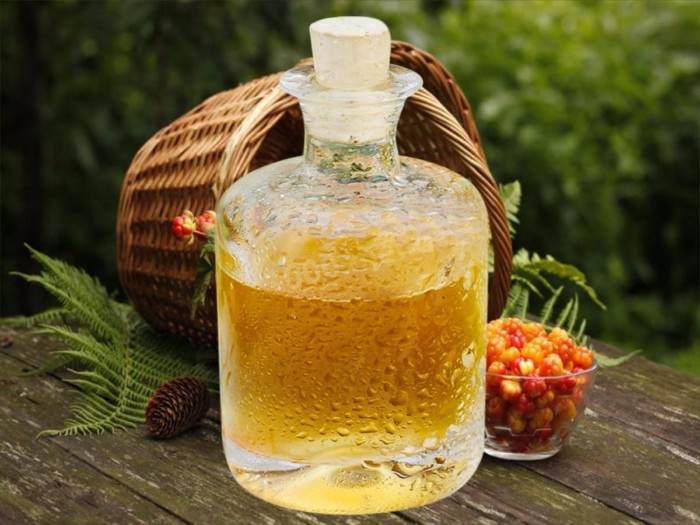
The optimal place is considered to be where it is cool, but not cold, and where air and light cannot access. You should not use a freezer to store tinctures. When the thermometer readings are lower than -15 OThe bouquet of the drink will be destroyed. It’s good when the temperature in the room (cellar, pantry, mezzanine, etc.) where the tinctures are stored does not exceed +25 OC. Not all drinks (table drinks and propolis drinks) can be stored in the refrigerator, but medicinal ones are allowed.
Tinctures, like many liquid products, are best stored in glass containers. They do not interact with the drink. To reduce the risk of oxidation, the container should be filled to the very top. It is also important to ensure a seal with a tight lid made of a material that does not have pores, otherwise the alcohol will evaporate.
You should not use tinctures whose quality is in doubt. If you do not prepare such a product yourself, then you need to purchase it only from trusted people, who, moreover, will provide more detailed information about storing this or that type of tincture.

